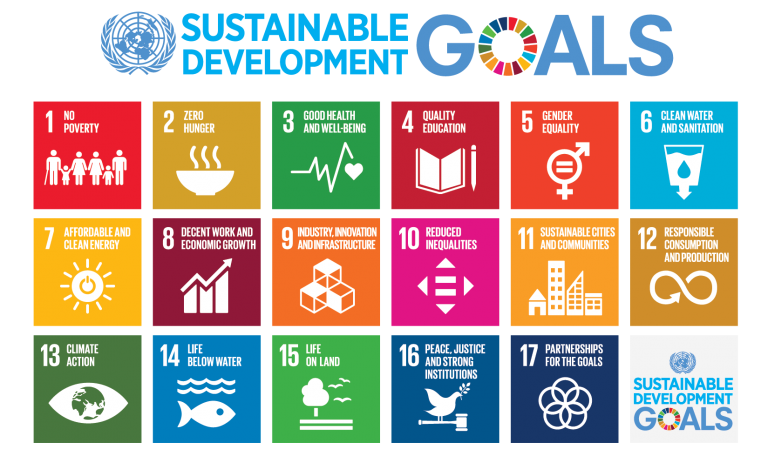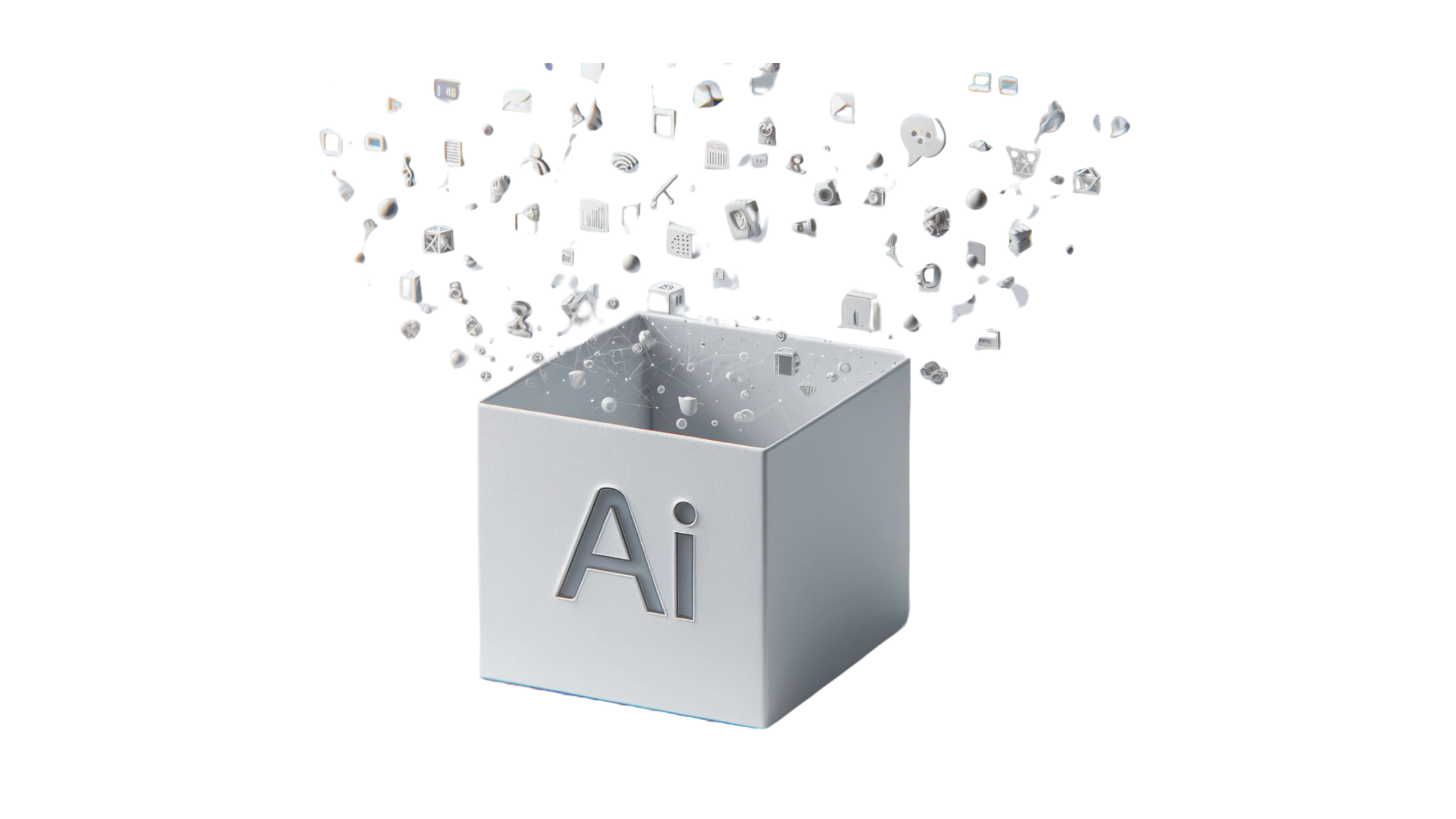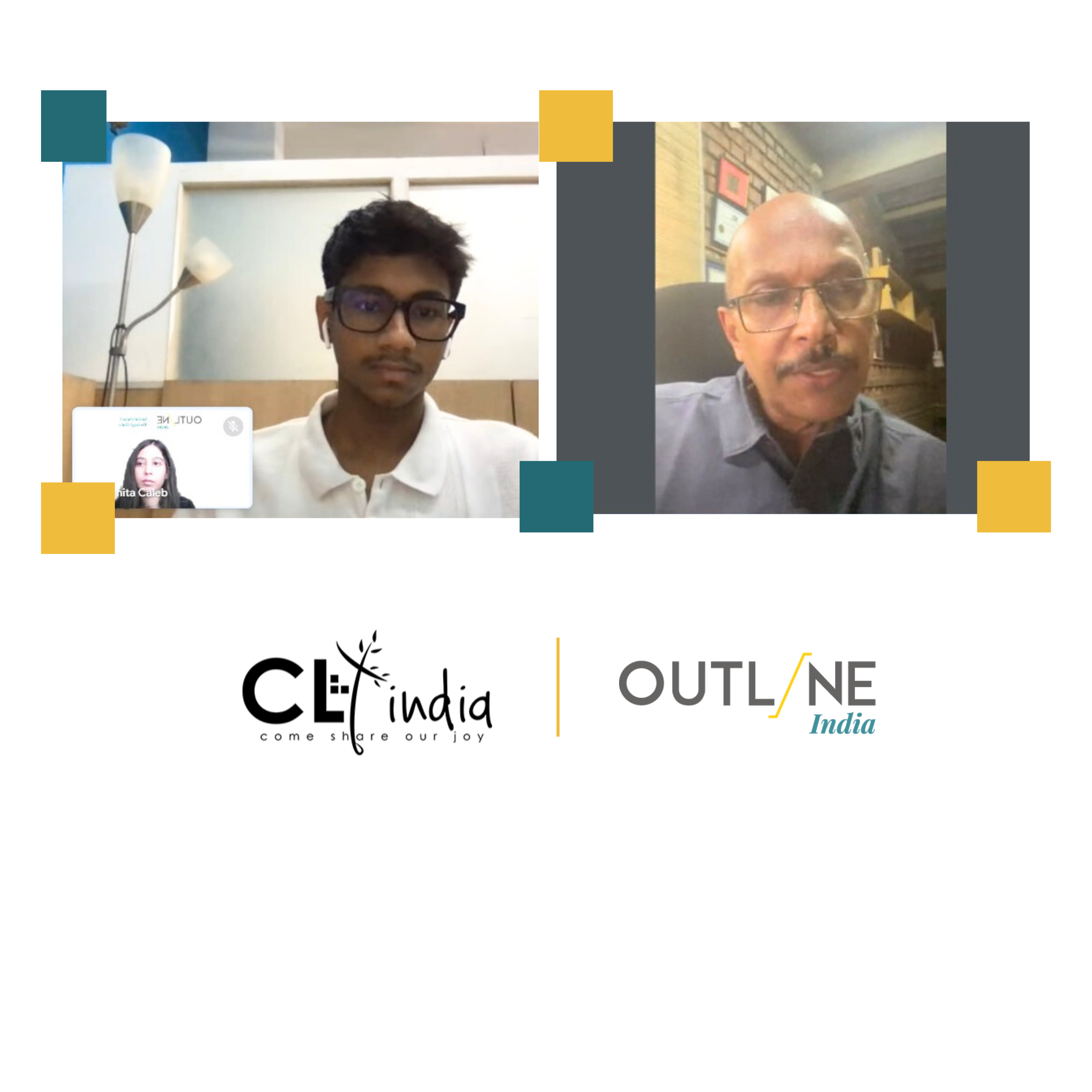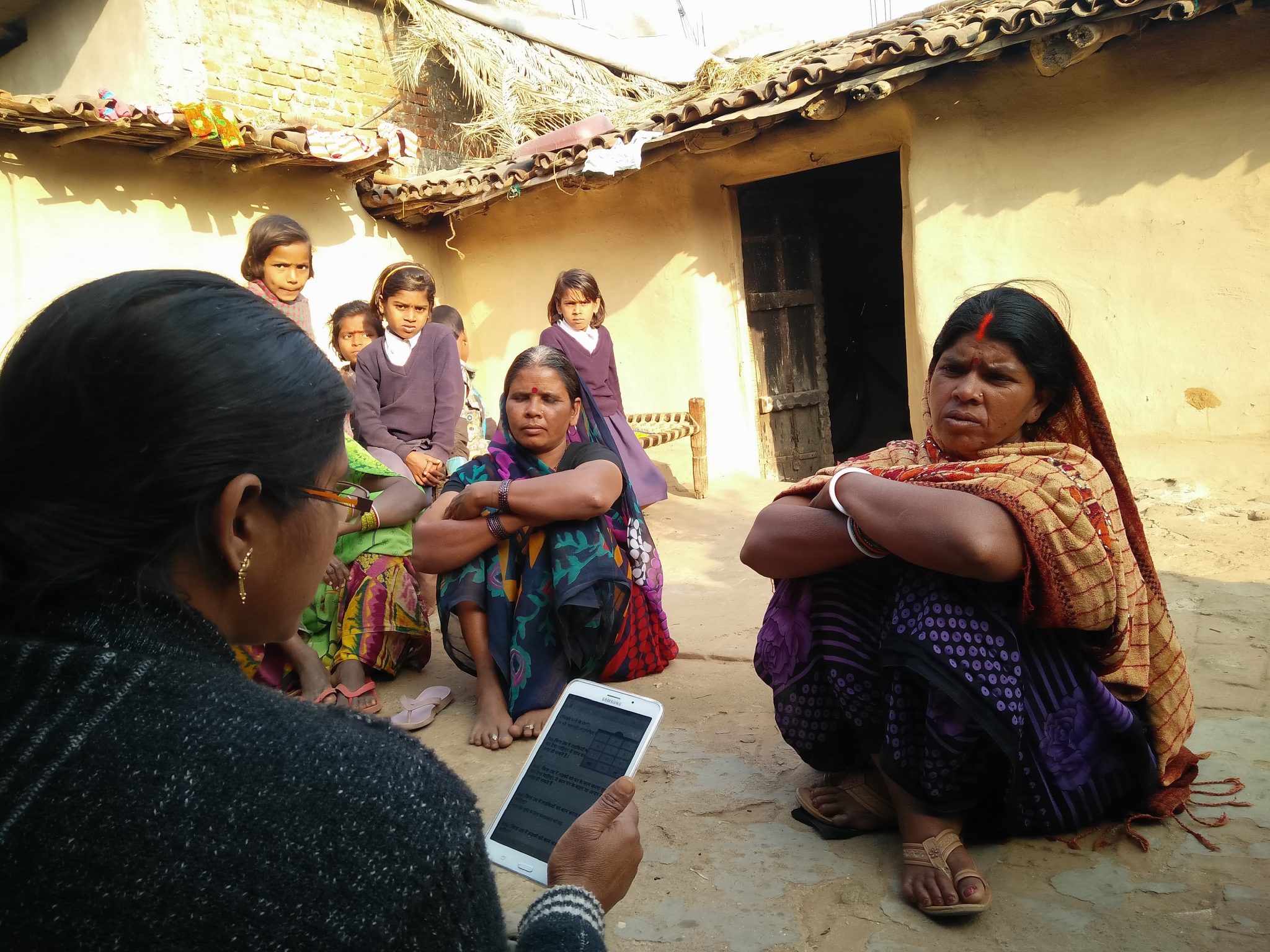Blog Details
The Outcome Document by the United Nations’ Conference on Sustainable Development (2012), also called the Rio+20, was released under the title, “The Future We Want”. The document focused on the future plans post-2015 development agenda. Another document was finalized, alongside the aforementioned, outlining 17 objectives to be achieved by 2030, the Sustainable Development Goals (SDGs). Some of the SDGs include no poverty, zero hunger, quality education, sustainable cities & communities, along with industry, innovation & infrastructure, among others. Each goal comes with multiple indicators and statistical data to monitor progress, inform policy and ensure accountability of all stakeholders. The goals look at ensuring a better future for life on Earth. The targets are indicative of underlying issues that are ongoing in the world, such as gender inequality, unemployment, lack of universal access to healthcare, water, education, energy, and the internet, among others.
India is one of the 193 nations to adopt the 2030 Development Agenda. The Economic Survey 2018-19, states that India continues to target and maintain its economic growth, by introducing and implementing various policies and measures relating to sustainable development, climate change, resource efficiency, and air pollution.
The survey sites that the current Indian Government policies are inclined towards achieving the SDGs through schemes like Swachh Bharat mission, Beti Bacho Beti Padhao, Pradhan Mantri AwasYojana, Smart Cities, Pradhan Mantri Jan Dhan Yojana, Deen Dayal Upadhyay Gram Jyoti Yojana, and Pradhan Mantri UjjwalaYojana, among others.
NITI Aayog brought out the SDG India Index - Baseline Report 2018. The report discussed how SDGs would be measured in India; prescribing a set of 62 national-level priority indicators of their own in accordance with data availability and relevance to the 169 UN indicators. The report also pointed at the indicators that should be used to assess the schemes in order to achieve the SDGs. The SDGs have proved to be an effective guiding light for nations around the world to balance social, environmental and technological progress in a sustainable manner. They have provided direction to the pace of global development.
Outline India is a strong believer and practitioner of data-driven decision-making. The organization strives to bring a change in India’s development sector by improving primary data collection techniques and methods. Rigorous study designs that involve both qualitative and quantitative methods of research are curated to achieve accurate and informed results. They consult with clients on how to monitor and evaluate programmes in a defined manner.
SDGs give a reference point for Outline India to introduce better and effective methods for primary research through digital platforms like CAPI. The goals have helped them move into the digital data collection sphere.
The 9th SDG: Industrial Innovation & Infrastructure, aims at building resilient infrastructure, promote inclusive & sustainable industrialization, and foster innovation. Outline India fits the bill with their tech product TYM-Track Your Metrics, a comprehensive and economical tool that allows data collection, processing, visualization along with report generation. TYM comes with in-built survey templates based on the SDG indicators prescribed by NITI Aayog as priority indicators.
With the advent of schemes like Digital India, the tech expansion possibilities have increased manifold. Outline India, at the forefront, has continued to add to this aspect through a digitized, and low-cost data collection process.
Outline India has collaborated with the University of Oxford, the University of Chicago, the University of Virginia, World Bank, WaterAid, John Snow Inc., American Institutes for Research (AIR), Mathematica Policy Research (MPR), IMPAQ International, among other reputed organizations. Research studies and projects have been evaluated on the issues of health, water, education, sanitation & hygiene. The goal is to provide high-quality data and insights that help think-tanks, non-government bodies, and the government bodies in better policy-making & implementation, taking necessary action, and hence, accelerating the progress towards achieving the Sustainable Development Goals.








David Angel Makel
IT ConsultantIt is a long established fact that a reader will be distracted by the readable content page looking at its layout point of using normal